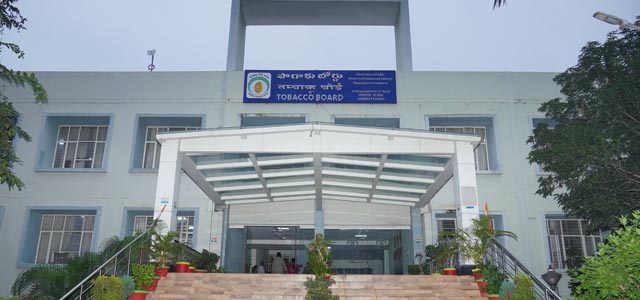Health Concerns and Regulation
One of the primary challenges facing the tobacco industry is the increasing awareness of its health risks. The consumption of tobacco has been linked to several diseases, including cancer, cardiovascular diseases, and respiratory disorders. The Government of India, through the National Tobacco Control Program (NTCP) and other initiatives, is working to reduce tobacco consumption.
The Cigarettes and Other Tobacco Products Act (COTPA), 2003, imposes strict regulations on tobacco advertising, smoking in public places, and the sale of tobacco products to minors. The growing regulatory environment poses challenges for the tobacco industry, but it also spurs innovation in product diversification and reduction in harm.
Environmental Impact
Tobacco cultivation requires significant resources, including water, which is a concern in regions with water scarcity. The impact of tobacco farming on soil quality and the ecosystem is also a subject of scrutiny. In recent years, there have been efforts to promote sustainable farming practices within the tobacco sector.
Global Anti-Tobacco Movement
Internationally, the anti-tobacco movement is gaining momentum, led by organizations such as the World Health Organization (WHO). The Framework Convention on Tobacco Control (FCTC), a treaty adopted by WHO, aims to reduce tobacco consumption globally. This poses challenges for the tobacco industry in India, especially in terms of export markets and international trade norms.









